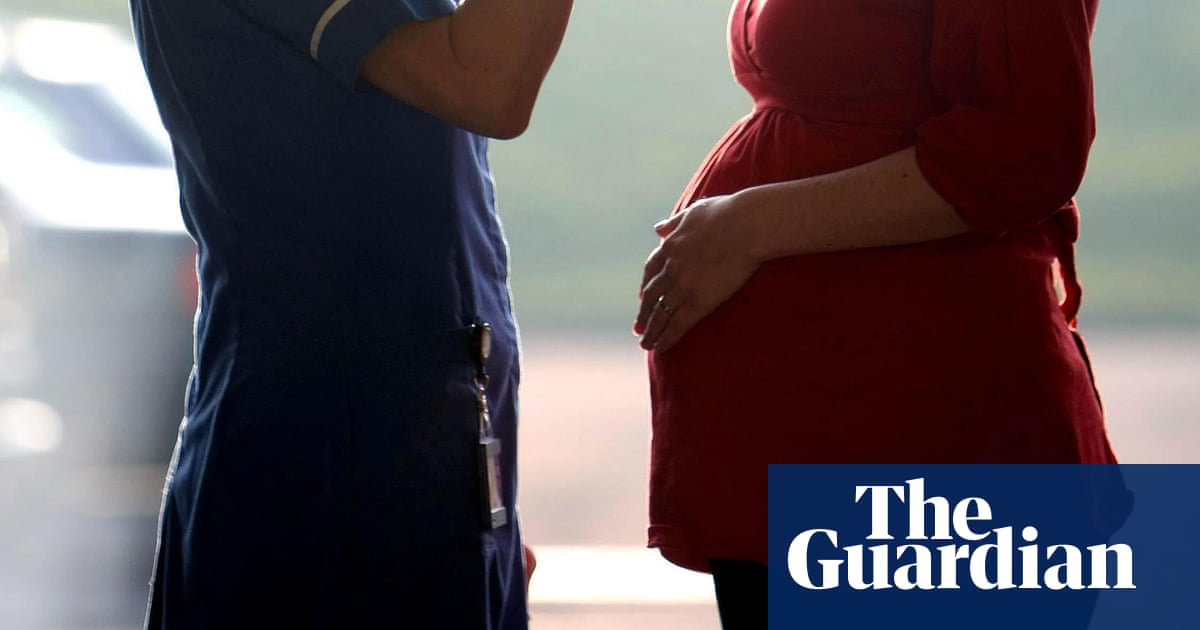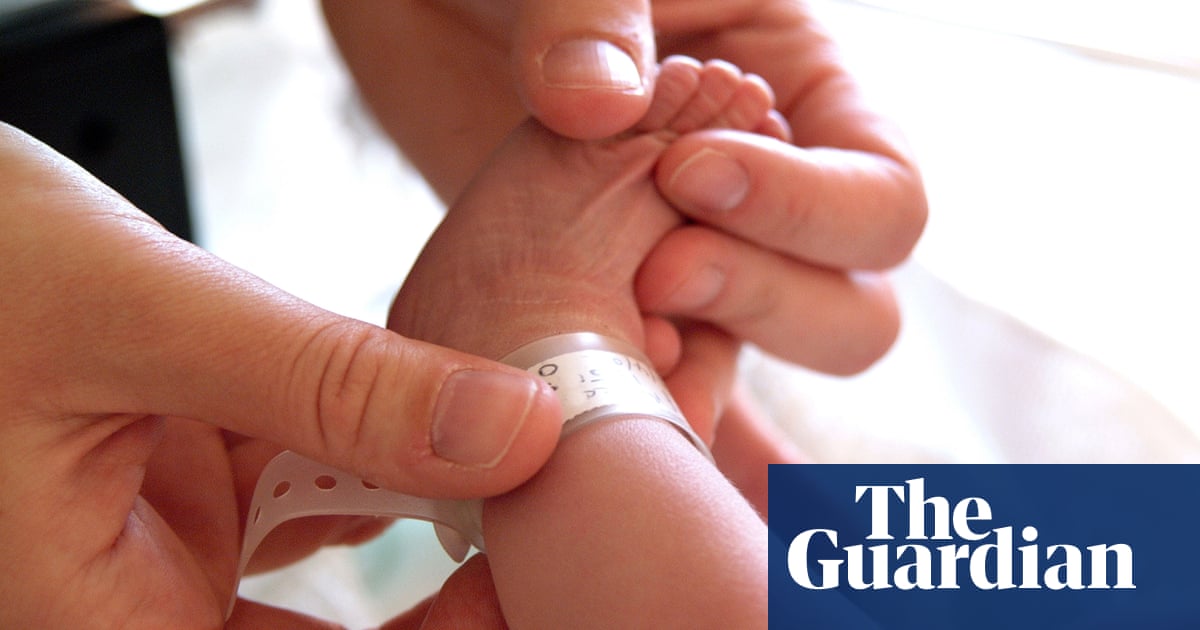
Aparliamentary inquiry into birth trauma in the UK received more than 1,300 written submissions. The stories shared were harrowing. In many cases, the trauma experienced by women was caused by blunders before, during and after labour. Failures were often covered up by hospitals seeking to frustrate efforts by families to find answers, according to a review of the evidence by the Guardian.
There were also many stories about a lack of compassion. Women were often ignored when they felt something was wrong, and were mocked, shouted at or denied basic needs such as pain relief.
Women shared stories of being left in bloodstained sheets or of calling for help and no one coming. Some reported being subjected to interventions they had not consented to. Many felt they had not been given enough information to make decisions during birth. Poor quality of postnatal care was a recurring theme.
Some of the most devastating accounts were from women who experienced birth injuries, causing a lifetime of pain and bowel incontinence.
Women from marginalised groups, particularly those from minority ethnic groups, appeared to experience particularly poor care, the inquiry found. Some reported direct and indirect racism.
The most shocking accounts heard by the three-month inquiry came under eight common themes.
Failure to listen
One woman who repeatedly flagged to NHS staff that she was in extreme pain for the last few weeks of her pregnancy had “anxious mother” recorded on her notes. In fact she was bleeding internally as a result of tissue tearing behind her uterus.
Another woman had to chase her hospital to schedule a scan, including 44 calls in one day, after her bump height dropped. Had she been given a scan, as recommended in National Institute for Health and Care Excellence (Nice) guidelines, it would have found her baby was experiencing growth restriction. The baby died during labour.
One mother expressed concerns that her baby was looking yellow but the midwife told her he was fine. “She wrote in my notes that I was an overly anxious mother and my baby was not jaundiced.” Only after her husband intervened did a doctor confirm their baby was jaundiced. “The next day the page written by the midwife had been torn out,” the mother told the inquiry.
Lack of informed consent
Numerous women revealed they had procedures such as vaginal examinations or cervical sweeps performed without consent. The inquiry also identified a lack of consent when interventions using forceps were carried out.
Several women reported having requests for caesarean sections denied. “I had stated I felt my little boy was stuck and that I was not going to be able to get him out myself,” one women recalled. “I had to wait for what felt like for ever for an epidural and begged them for a C-section as I just knew something wasn’t right. She laughed at me and told me it doesn’t work like that.”
Poor communication
Many women described not being told what was happening before, during or after labour, with some only finding out months afterwards that they had a particular medical condition.
There were also communication blunders. One woman whose baby died after five days had a phone call from a health visitor, saying “Congratulations on your baby! When can I come and see you?”.
Another woman told the inquiry that after an “intensely traumatic birth” she was informed by a midwife that her blood results indicated she had been drinking and using drugs while pregnant. As a result, her daughter was given a HIV test, without her consent. In fact, the midwife had been reading from someone else’s notes.
Lack of pain relief
Many women reported a lack of pain relief, with some left in agony. One woman who turned down paracetamol because she thought it insufficient said a midwife responded by throwing the drugs in the sink. “I was literally left lying on the ground in pain wanting to die as the pain was so intense and unbearable,” she wrote.
Lack of kindness
The overwhelming majority of written submissions complained of a basic lack of kindness or compassion on the part of the health professionals looking after them.
“I was covered in blood and my own faeces but there was no one to help me wash,” wrote one new mother. “Around midnight I was woken up by a woman who reprimanded me for not feeding my baby … I didn’t know how to breastfeed. She told me if I didn’t get it, she would take my son and give him a bottle. I felt like I was failing at mothering and I’d only been a mother for a few hours.”
Breastfeeding problems
Many women referred to problems with breastfeeding as major contributory factors in their trauma. There were stories about being forced to attempt breastfeeding when it was impossible, or being made to feel like a failure for not being able to breastfeed.
Frequently, women were put under pressure to breastfeed but not helped to do so. “I had no idea how to breastfeed,” wrote one new mother. “Ringing the bell brought no one during the night, and attempts to ask midwives during the day were brushed off.”
Postnatal care
Poor postnatal care was flagged in almost all the submissions. Some women described being left alone after birth with no one to help them in emergencies.
“Six hours after [my son] was born I experienced a heavy bleed,” one woman wrote. “I could see my white hospital bedsheets going red and I thought I was haemorrhaging again. I pressed my bell, nobody came. I pressed it again harder and nobody came.”
Another new mother lying opposite her ended up having to leave her bed to get help. “In that moment I believed I was dying and my baby was going to be there in the hospital alone, with his mother dying next to him and nobody there who loved him or even knew his name. I was terrified,” the woman said.
Several shared stories of being left to lie in their own blood, urine or excrement. Some said they were berated by midwives for having soiled themselves.
A woman who developed sepsis after an emergency caesarean told how despite being on an antibiotic drip that restricted her mobility, she was expected to change her own baby. “Staff pushed her in to the end of the bed, told me to clean the baby up because she’d been sick and was soiled and walked off,” she told the inquiry. “I could hear the staff all outside the bay sat at the nurses’ station laughing and planning on ordering a Chinese takeaway before they closed.”
Poor postnatal care continued once women were home. Mental health symptoms or complaints after a traumatic birth were often ignored or dismissed, the inquiry found.
Complaints and medical negligence
Birth trauma was often worsened by hospitals failing to deal sensitively with complaints about poor care, women said. Complaints were often treated dismissively, with failings in care unacknowledged. Medical notes were lost or even falsified, the inquiry found.
One woman who gave birth to a stillborn baby had raised the alarm at 36 weeks that her baby’s movements had slowed but was told by NHS staff at the time that this was “normal” for that stage in pregnancy. When she later reviewed her own medical notes, they wrongly stated that it was her who had said her baby’s movements were “normal”.












